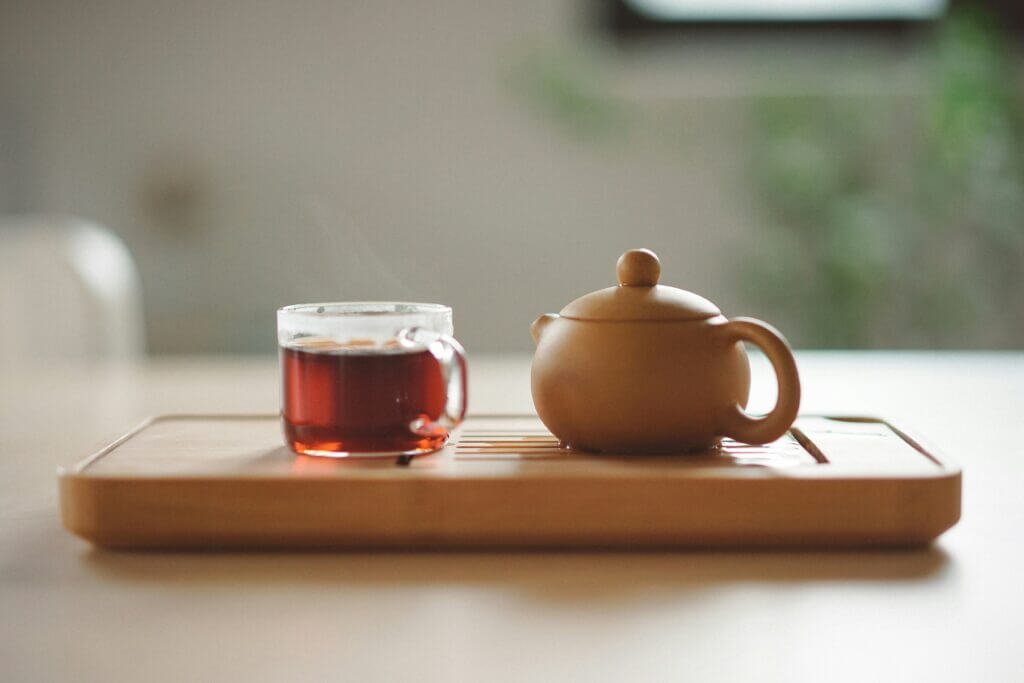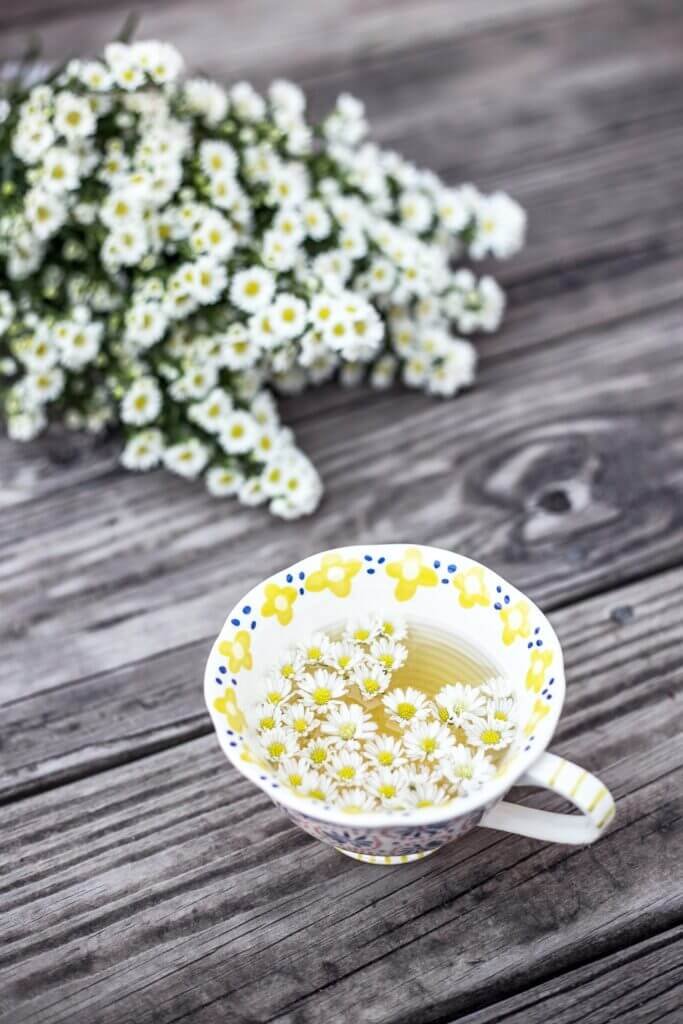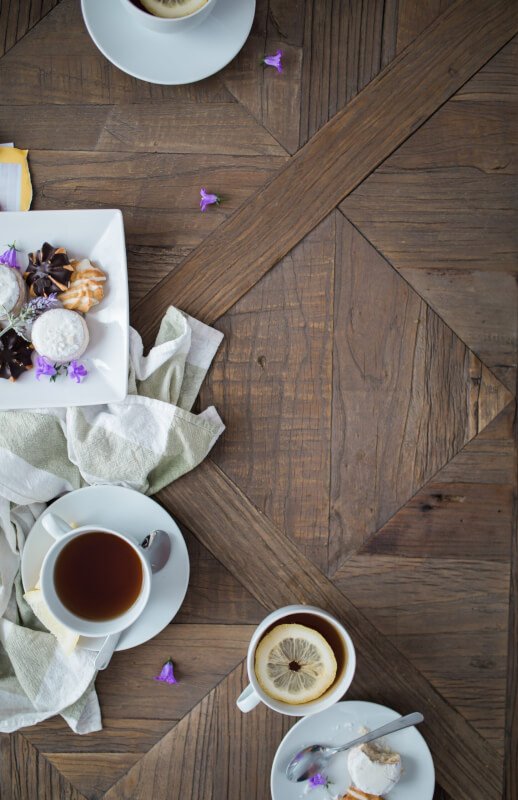Imagine sitting down to enjoy a delicious cup of specialty tea, only to discover that it is counterfeit or adulterated. The disappointment would be palpable. But fear not, for in this article, I will guide you on how to confidently recognize such deceptive tea products. Whether you are a tea connoisseur or simply someone who appreciates a good cuppa, learn how to distinguish the real deal from the imitations, and ensure every sip is a delightful experience.
Identifying Counterfeit or Adulterated Specialty Tea

Understanding the Importance of Identifying Counterfeit or Adulterated Specialty Tea
As a tea enthusiast, it’s important to know how to identify counterfeit or adulterated specialty tea to ensure you’re getting the authentic experience and value for your money. Counterfeit or adulterated tea not only lacks the unique qualities and taste of genuine specialty tea, but it can also pose health risks. By learning how to spot the signs of counterfeit or adulterated tea, you can protect yourself and make informed choices when purchasing specialty tea.
Common Types of Counterfeit or Adulterated Specialty Tea
Counterfeit or adulterated specialty tea can come in various forms, and it’s essential to be aware of the most common types. One common form is where low-quality tea leaves are mixed with higher-quality ones, diluting the overall flavor and quality of the tea. Another type is when the tea is entirely fake, containing no actual tea leaves but rather other substances that mimic its appearance. Additionally, some unscrupulous tea vendors may add artificial flavors or colors to enhance the appearance and aroma of the tea. Being familiar with these common forms of counterfeit or adulterated tea will help you be more vigilant when examining specialty tea.

Signs to Look for When Examining Specialty Tea
There are several signs you can look for when examining specialty tea to determine its authenticity. These signs include inspecting the packaging and labeling, checking the appearance and texture of the tea leaves, paying attention to the aroma and flavor, conducting a visual inspection of brewed tea, using taste tests and comparisons, and even performing chemical tests. By paying close attention to these signs, you’ll be able to spot any discrepancies that may indicate the tea is counterfeit or adulterated.
Examining Packaging and Labeling
One of the first things to consider when examining specialty tea is the packaging and labeling. Genuine specialty tea is often packaged carefully with attention to detail. Look for a properly sealed package that protects the tea from moisture and air. Additionally, examine the labeling for any relevant information, such as the tea origin, harvest date, and any certifications. Counterfeit or adulterated tea may have poor-quality packaging or lack essential information, making it easier to identify.

Checking the Appearance and Texture of Specialty Tea Leaves
The appearance and texture of the tea leaves can tell you a lot about its quality and authenticity. Genuine specialty tea leaves should have a consistent color, shape, and size. They should also be free from any signs of mold or damage. When examining the leaves, check for a distinctive and recognizable appearance. Adulterated tea leaves may have a different texture or color, making them stand out from the authentic ones. Trust your instincts and if something seems off, it’s worth investigating further.
Paying Attention to Aroma and Flavor
Aroma and flavor are perhaps the most enjoyable aspects of specialty tea. Genuine specialty tea often has a unique and complex aroma that reflects its origin and processing. When brewing the tea, take note of any unusual or artificial smells. Counterfeit or adulterated tea may lack the subtle nuances and distinct aromas of genuine specialty tea. Similarly, when tasting the tea, pay attention to the flavor profile. Counterfeit tea may taste flat, bitter, or have flavor inconsistencies that are not characteristic of quality specialty tea.
Conducting a Visual Inspection of Brewed Tea
Before savoring your cup of tea, take a moment to visually inspect the brewed tea. Genuine specialty tea should produce a clear and vibrant infusion, showcasing the quality of the tea leaves. Adulterated tea may result in a cloudy or dull-looking brew, indicating the presence of lower-quality ingredients. Additionally, observe the color of the brewed tea. Some counterfeit teas may have artificially enhanced colors that are not natural to the specific type of tea.
Using Taste Tests and Comparisons
Taste tests and comparisons can be effective methods to recognize counterfeit or adulterated specialty tea. If you’re familiar with the taste of certain specialty teas, trust your palate to identify any discrepancies. Compare the taste of a suspected counterfeit tea with a genuine one side by side. Note any significant differences in flavor, body, or overall experience. By training your taste buds and consistently sampling high-quality specialty teas, you’ll become more adept at identifying the imitations.
Performing Chemical Tests to Confirm Authenticity
For those who are more scientifically inclined, performing chemical tests can provide further confirmation of a tea’s authenticity. Numerous chemical tests can detect if a tea contains any additives or substances not naturally present in specialty tea. These tests may require specialized equipment or the assistance of experts. Although chemical tests are not typically necessary for the average tea consumer, they can offer peace of mind for those seeking definitive proof of a tea’s authenticity.
Seeking Professional Expertise and Certifications
If you’re unsure or want an expert opinion, seeking professional expertise is an excellent option. Tea professionals, such as tea sommeliers or knowledgeable vendors, can help you identify counterfeit or adulterated specialty tea through their expertise and experience. Additionally, certifications from reputable organizations, such as the Tea Association of the USA or other local tea associations, can provide assurance that the tea’s authenticity has been verified by experts.
In conclusion, being able to identify counterfeit or adulterated specialty tea is crucial to ensure you’re getting the genuine and high-quality experience that specialty tea offers. By examining the packaging and labeling, checking the appearance and texture of the tea leaves, paying attention to aroma and flavor, conducting a visual inspection of brewed tea, using taste tests and comparisons when necessary, and even considering chemical tests or seeking professional expertise, you can become a skilled tea enthusiast who can confidently differentiate between authentic and counterfeit tea. So next time you brew a cup of specialty tea, you can truly savor the experience, knowing you have chosen the real deal.


